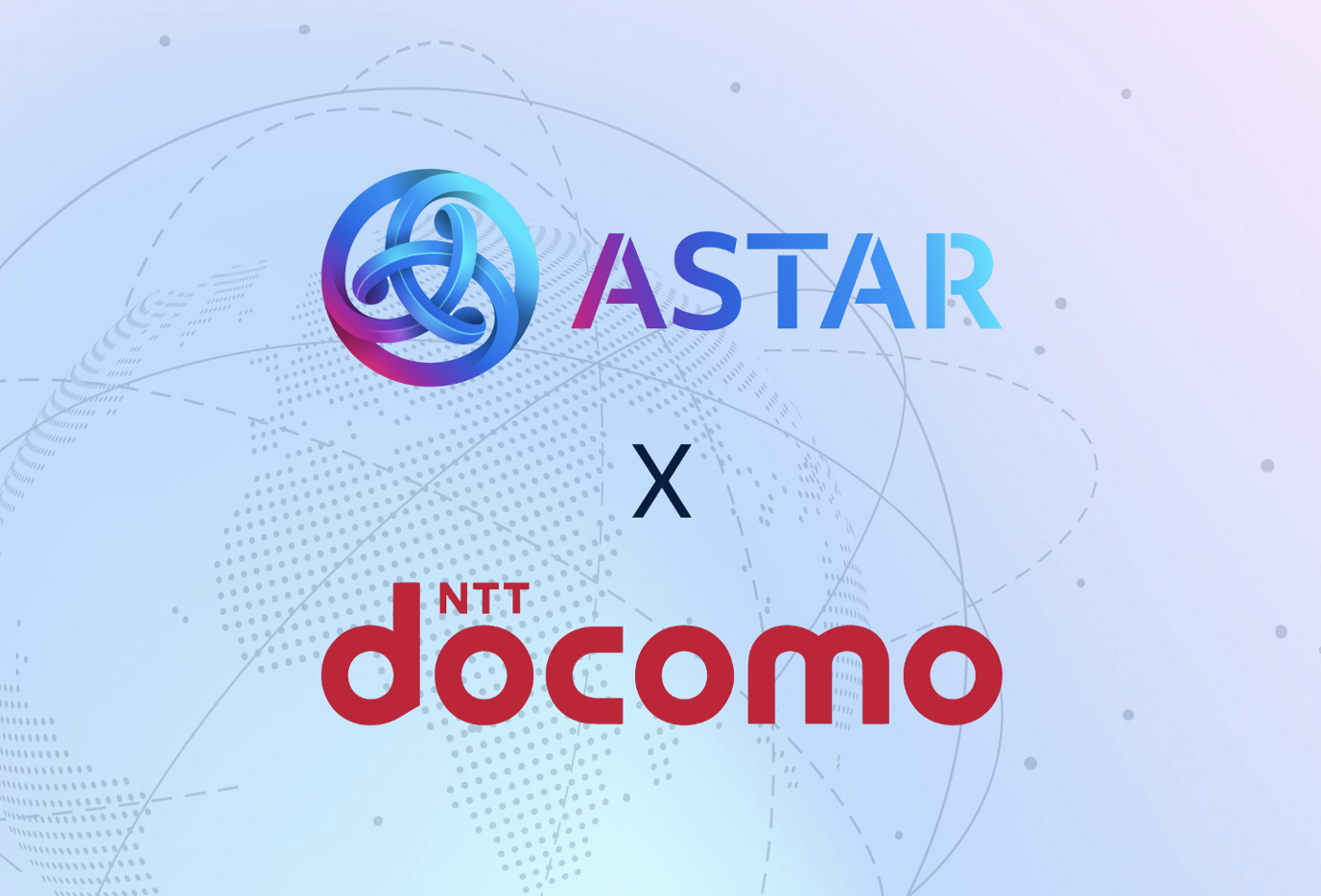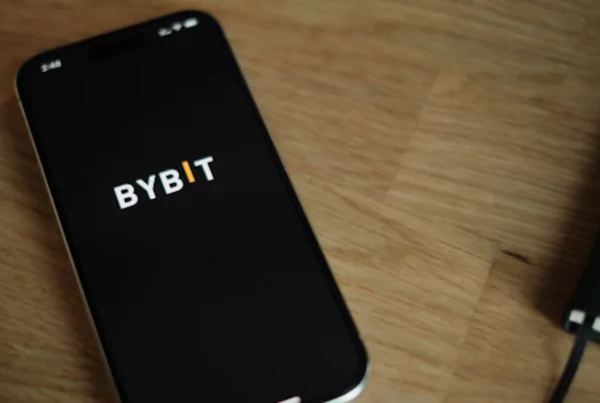
Key highlights:
- Nomination pools and native staking have resulted in a rapid increase in the number of DOT stakers
- Astar, one of the important protocols of the Polkadot ecosystem, collaborated with Japan’s largest mobile operator provider NTT Docomo for 4 billion dollars.
- Following the SEC’s token conversion guidelines, the DOT can no longer be considered a security
Polkadot, the most innovative multi-chain platform in the blockchain world, continued to develop its ecosystem in the last quarter of 2022 despite the bad market conditions. Nomination pools have greatly reduced the barrier to entry for native staking as the number of teams creating a use case-specific parachain continues to grow.
Nomination pools, a new feature of the Polkadot staking algorithm, was released on November 1, 2022. By increasing the scalability of the network as users pool DOT tokens on-chain to nominate validators and receive rewards, the system not only helps keep Polkadot decentralized and secure, but also enables DOT holders to earn competitive DOT rewards.
Moreover, thanks to this system, staking has now become accessible to a much wider audience, as the minimum staking amount has decreased from 200 DOT to 1 DOT. This allowed 3,475 pool members to connect 854,495 DOT using native staking until the end of 2022.
Astar’s Partnership with NTT Docomo

Astar Network, a smart contract platform on one of the Polkadot parachains, has entered a partnership with Japan’s largest mobile operator provider NTT Docomo on the mass adoption and implementation of Web3. The two organizations will work together to accelerate Web3 adoption, and NTT Docomo will fund up to $4 billion in decentralized technologies.
Parachain Migrations Start from Kusama to Polkadot

The first move, representing the full migration of a parachain located in Kusama to Polkadot, came from the KILT Protocol. The first example to migrate within the ecosystem, KILT Protocol is a self-governing blockchain protocol that issues verifiable credentials and decentralized identifiers (DIDs). The interest of large-scale enterprises in the protocol was effective in the migration decision.
DOT Is No Longer a Security
The Web3 Foundation announced that the ecosystem’s native token DOT has turned into a non-security after three years of relationship with the SEC. The foundation enabled the token morphing vision set by the SEC to be addressed by establishing communication guidelines and business processes comparable to a publicly traded company. DOT holders can rest assured that the token is legal.
Polkadot Leads Development Activities in Q4

According to data provided by Electric Capital, 1,128 weekly active developers generated 13,934 weekly commits in the ecosystem in Q4. No other Web3 project beat Polkadot in the number of weekly commits in the same period. Located in the ecosystem, Manta Network made history as the largest Trusted Setup in the history of zero-knowledge technology, with more than 13,000 participants from 177 countries.
In light of these developments, Polkadot ends 2022 with the largest ecosystem of use-case-specific layer-1 blockchains and applications. Polkadot hosts 74 parachains and more than 300 new unstoppable apps in 2022, with 550 projects launched or in development so far.



